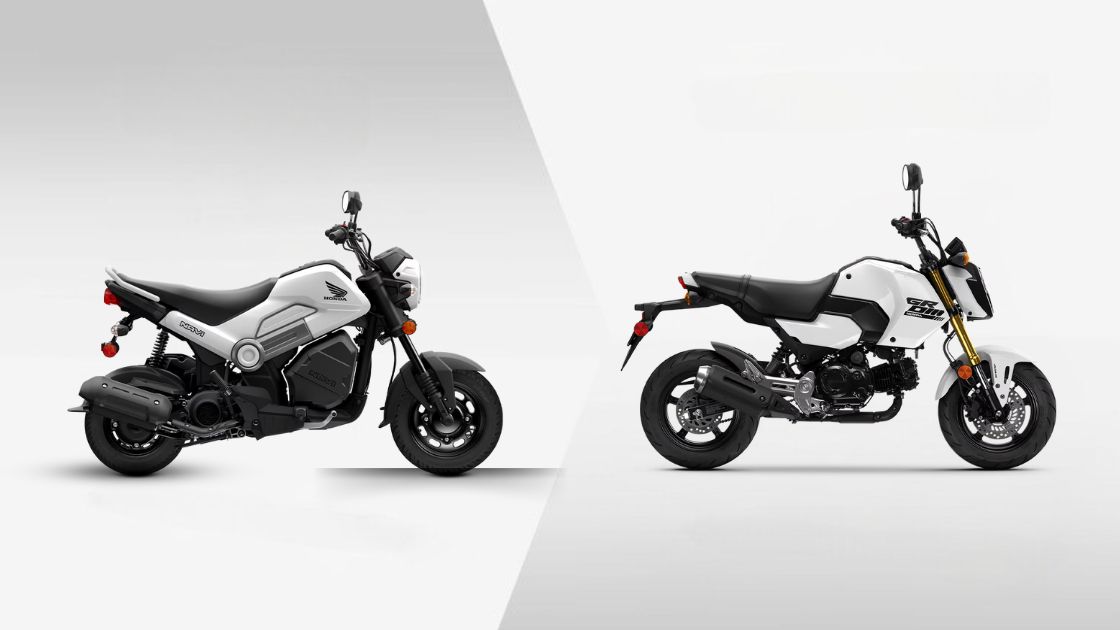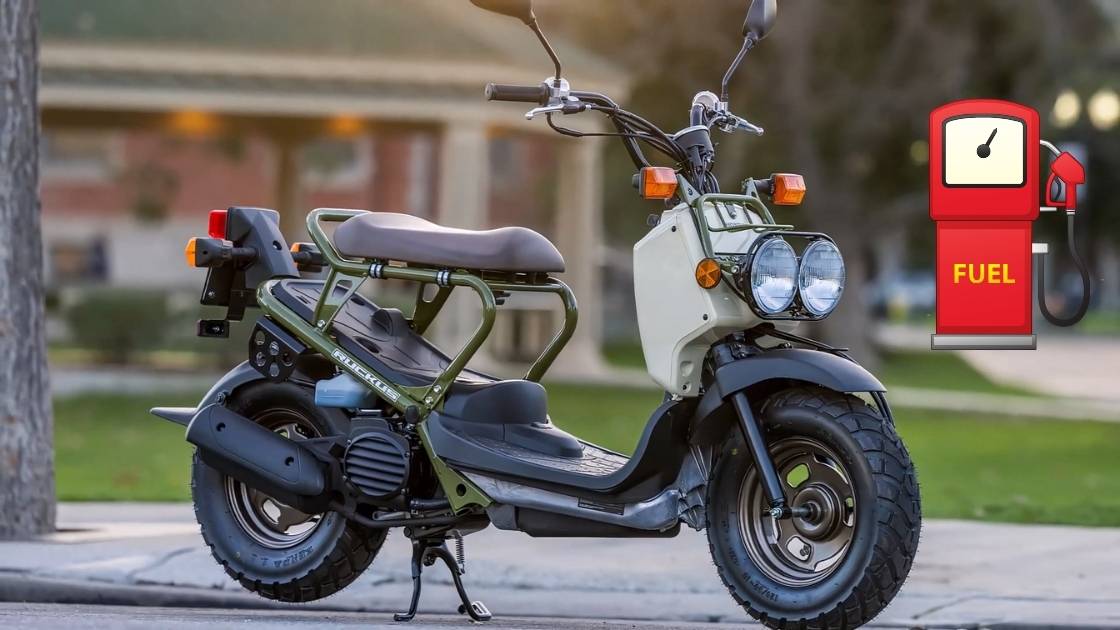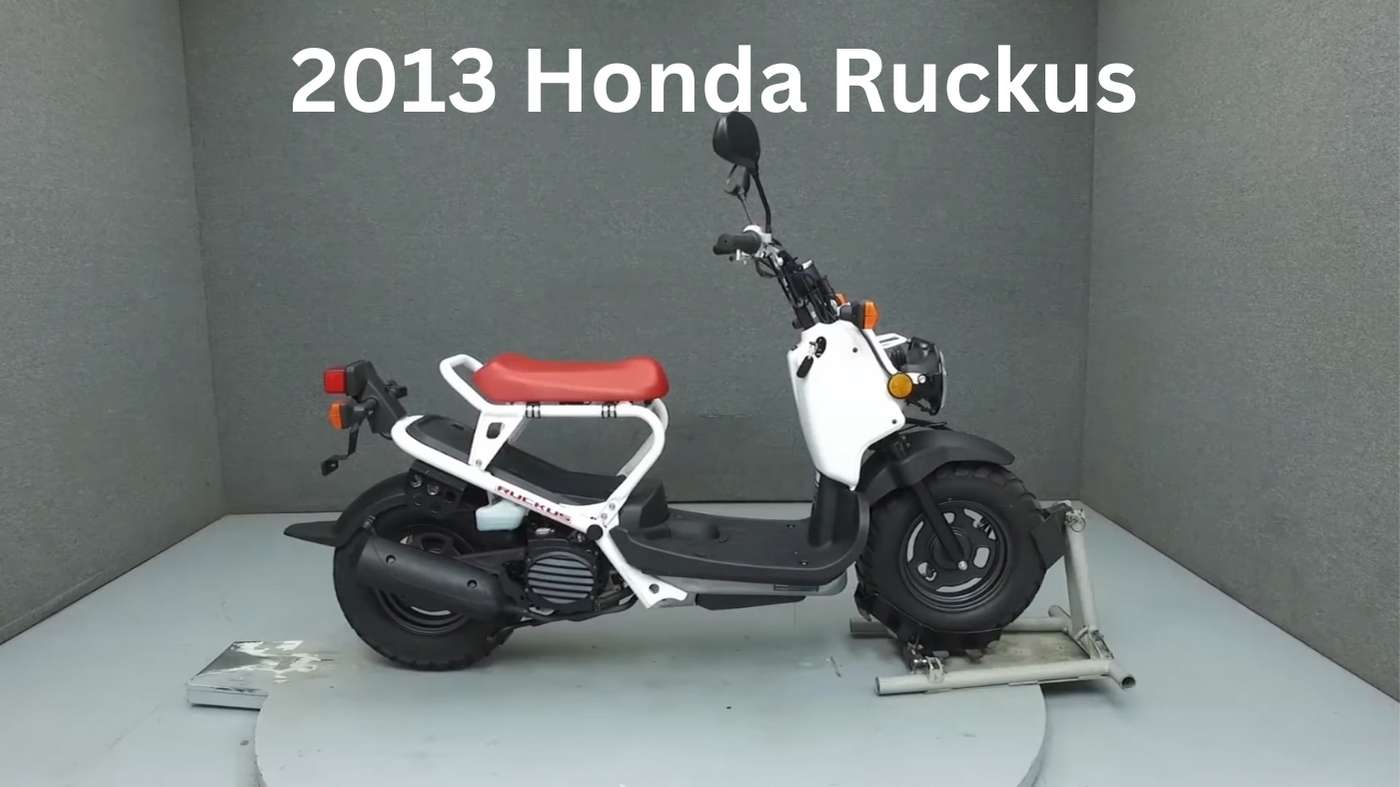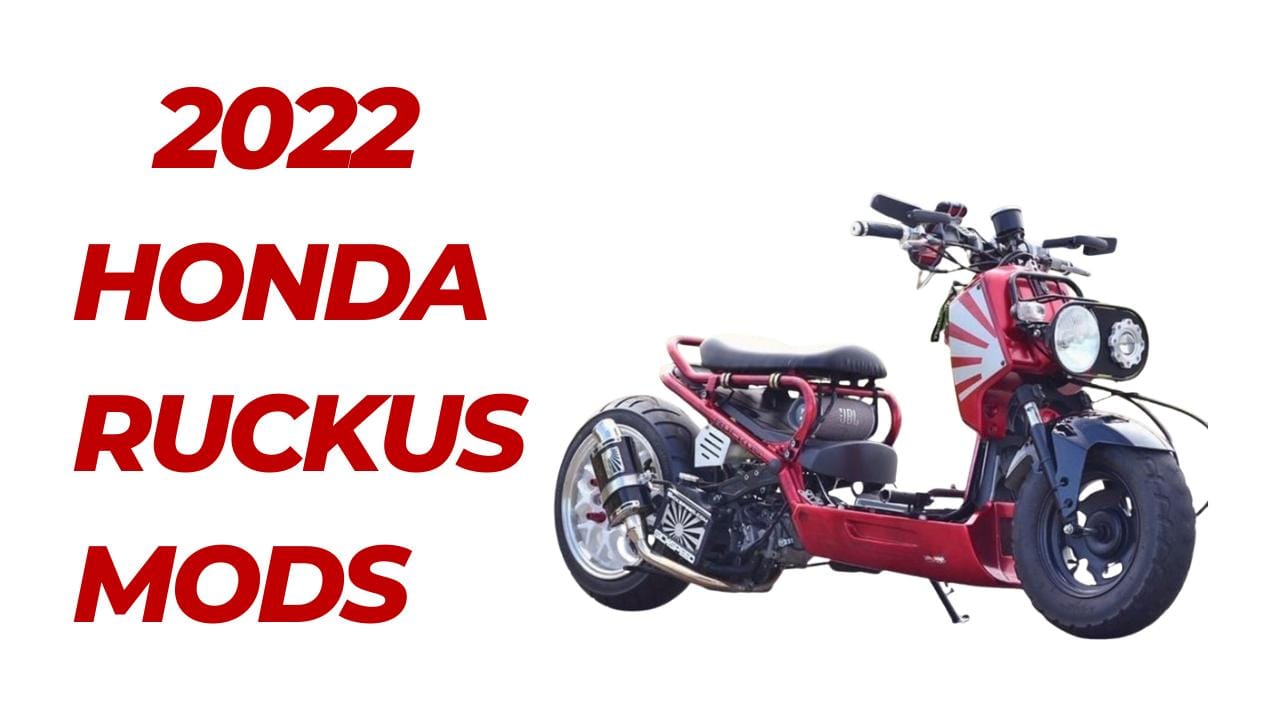Choosing between a 50cc and 150cc scooter can be confusing when you are trying to make a practical decision. Both are popular for commuting, but they serve different needs. The difference starts with engine size, which directly affects speed, fuel use, and where you can legally ride.
A 50cc scooter is lightweight and easy to handle, making it ideal for short city trips and new riders. Most models are limited to lower speeds, which keeps them safe in low-traffic areas but restricts highway use. Their fuel consumption is very low, which makes them one of the cheapest motorized transport options.
A 150cc scooter offers more power, higher top speeds, and better performance for mixed city and suburban travel. You can take it on faster roads where a 50cc would struggle. The added power also makes it better for carrying passengers or climbing hills. The trade-off is higher fuel use, slightly higher maintenance, and a need for a motorcycle license in many regions.
This guide compares speed, cost, licensing, fuel efficiency, and real-world practicality for both options. It gives you clear, factual information so you can decide which scooter fits your daily routine, budget, and comfort level.
Table of Contents
ToggleWhat Does 50cc vs 150cc Mean?
The term cc stands for cubic centimeters, which is the measurement of engine displacement. Engine displacement tells you how much air and fuel the engine can draw in during a single cycle. A higher number means the engine can burn more fuel and produce more power.
A 50cc engine is considered small in the scooter market. It is designed for low-speed urban travel and short distances. Most 50cc engines use a simple single-cylinder setup that focuses on efficiency over power.
A 150cc engine is significantly larger. It allows the scooter to produce more horsepower and achieve higher speeds. This makes it suitable for longer trips and faster roads. Most 150cc engines are also single-cylinder but tuned for stronger acceleration and better overall performance.
Understanding engine size helps you know what to expect from each scooter before you look at speed, cost, or legal requirements. It is the first factor that sets the two options apart.
Speed and Performance Comparison
A 50cc scooter usually reaches a top speed of 30 to 40 miles per hour. This makes it suitable for quiet streets and short city routes. Its acceleration is moderate, which helps keep the ride safe in low-speed zones.
A 150cc scooter can reach speeds between 50 and 60 miles per hour, with some models capable of going slightly faster. This level of speed makes it possible to ride on larger roads where traffic moves quicker. Acceleration is noticeably stronger, allowing you to merge into traffic more easily.
Performance on hills also differs between the two engines. A 50cc scooter can slow down on steep inclines, especially with a passenger. A 150cc scooter has enough power to maintain speed on hills and carry extra weight with less effort.
These differences matter when you plan your daily routes. If you need to keep up with faster traffic or ride beyond neighborhood streets, the 150cc option provides more flexibility.
Licensing and Legal Requirements
You need to check local laws before deciding between a 50cc or 150cc scooter. Licensing rules vary by country and sometimes by state or region.
In many places, a 50cc scooter can be ridden with a standard driver’s license. This makes it easier for first-time riders who do not want to take extra tests. Some regions allow riders as young as 16 to use a 50cc scooter.
A 150cc scooter usually requires a motorcycle endorsement or a separate motorcycle license. You may need to complete a written test, a skills test, or a safety course. Age requirements are often higher, usually 17 or 18, depending on local law.
You also need to check road access rules. Some areas restrict 50cc scooters from highways or high-speed roads. A 150cc scooter is often legal for highway use if it meets minimum engine size or speed requirements.
Knowing these rules in advance prevents fines and ensures you ride legally and safely.
Fuel Efficiency and Running Costs
A 50cc scooter is one of the most fuel-efficient motorized vehicles you can own. Many models achieve 90 to 120 miles per gallon, which keeps fuel expenses very low. You can fill the tank for just a few dollars and ride for several days on short commutes.
A 150cc scooter uses more fuel because of its larger engine. Most models average 60 to 80 miles per gallon, which is still efficient compared to a car. You will spend more on fuel than a 50cc rider, but the difference stays affordable for daily use.
Maintenance costs also differ. A 50cc scooter has lower service costs because of its smaller engine and simpler parts. Oil changes, spark plugs, and tires are generally cheaper. A 150cc scooter needs slightly more expensive parts and service, but the difference is small if you follow regular maintenance schedules.
Insurance is another factor to consider. A 50cc scooter often qualifies for lower insurance premiums because of its limited speed. A 150cc scooter can cost more to insure since it is faster and used on bigger roads.
Adding these expenses together helps you see the true cost of ownership for each scooter size.
Comfort, Handling and Practicality
A 50cc scooter is light, which makes it easy to balance and turn at low speeds. Its compact frame helps you move through traffic and park in tight spaces. The small size also makes it simple to store in a garage or near an apartment.
Ride comfort on a 50cc scooter is basic. Seats are narrow, and suspension is soft, which is fine for short trips but less comfortable on rough roads. Wind protection is minimal, so you may feel the effects of weather more.
A 150cc scooter is heavier, which gives you more stability at higher speeds. The frame is larger, offering a wider seat and more legroom. This makes long rides more comfortable, especially if you carry a passenger.
Handling is still easy but requires more control in tight spaces compared to a 50cc. The stronger brakes and larger wheels give you smoother rides on uneven roads. Some models include better suspension that reduces bumps during longer commutes.
Practicality also improves with a 150cc scooter. It can carry more weight and often has slightly larger storage capacity. You can add accessories like top boxes or windshields to improve comfort and convenience.
Best Use Cases for 50cc Scooters
A 50cc scooter is ideal if you ride mostly on city streets where traffic moves slowly. Its limited top speed keeps you within safe limits in residential areas.
You should choose a 50cc if you want the cheapest option for daily transport. Fuel use is minimal, and basic maintenance is affordable.
This scooter size works well for short trips such as commuting to school, going to a nearby job, or running errands close to home.
A 50cc is also a good choice if you are new to riding. The smaller engine is less intimidating, and the scooter is light enough for easy control.
If you live in an area that does not require a motorcycle license for 50cc scooters, it saves you time and extra steps before you start riding.
Best Use Cases for 150cc Scooters
A 150cc scooter is the better choice if you ride on roads where traffic moves faster. Its higher top speed lets you travel on main streets and secondary highways safely.
You should consider a 150cc if your daily commute is longer or includes hills. The extra power keeps your ride smooth and consistent even when the road is steep.
This scooter size works well if you carry a passenger or heavy bags. The stronger engine can handle added weight without slowing down.
A 150cc is also practical if you need a scooter that lasts for years of frequent use. Its larger engine is designed to handle higher mileage over time.
Choose this option if you plan to ride in both city and suburban areas. It gives you the flexibility to travel farther without feeling limited by speed.
Pros and Cons Table (50cc vs 150cc)
| Feature | 50cc Scooter | 150cc Scooter |
|---|---|---|
| Top Speed | 30–40 mph, best for slow city traffic | 50–60+ mph, safe for faster roads |
| Acceleration | Gentle start, steady in low-speed zones | Quick response, easier merging |
| Fuel Efficiency | 90–120 mpg, lowest fuel cost | 60–80 mpg, still efficient but higher fuel use |
| Maintenance | Simple and low-cost service | Slightly higher cost but still affordable |
| Insurance | Often lowest premiums available | Higher premiums because of speed potential |
| Comfort | Basic seating, less space for passengers | Wider seat, better suspension for long rides |
| Storage & Load | Limited weight capacity | Handles extra weight and luggage better |
| Legal Access | Often no motorcycle license needed | Motorcycle license usually required |
| Road Use | Restricted from highways in most areas | Highway legal in many regions |
| Best For | Short city trips, first-time riders, budget users | Mixed city-suburban rides, passengers, longer commutes |
This table gives you a quick way to compare both scooter types side by side. It helps you decide which one matches your riding needs faster.
How to Decide Which Scooter Is Right for You
Start with the type of roads you use most often. If your routes are mostly neighborhood streets or low-speed city roads, a 50cc scooter will cover your needs. If your commute includes faster roads or mixed traffic, a 150cc is the safer choice.
Look at your daily distance. If you ride only a few miles each day, the smaller engine will save you more on fuel and running costs. For longer rides or regular trips across town, the 150cc will keep the ride smoother and quicker.
Think about passengers and cargo. If you often ride with someone else or carry bags, the larger engine will handle the weight better.
Check your local rules before making a decision. If a license requirement is a concern, confirm what is needed in your area. Choose the option that you can legally ride right away.
Review your budget for purchase, insurance, and fuel. Pick the scooter that fits your monthly spending plan without stress.
Make your choice based on how and where you ride, not just engine size. This ensures you get a scooter that works for your lifestyle now and in the future.
Final Recommendation
Choose a 50cc scooter if you want the lowest running cost and ride mostly on slow city streets. It is the best choice for short commutes, light use, and riders who want an easy way to start without extra license steps.
Pick a 150cc scooter if you need more power and travel beyond local streets. It is the right option for mixed traffic, longer rides, and anyone who wants a scooter that can handle higher speeds with stability.
Base your decision on your daily routes, legal requirements, and budget. Matching the scooter to your actual needs will give you a safer and more practical riding experience.








